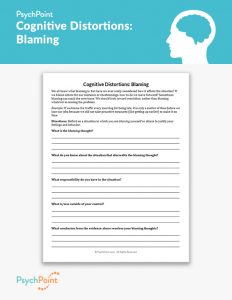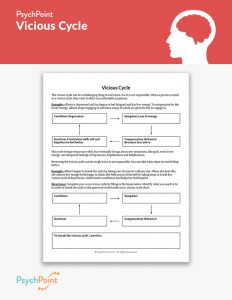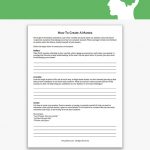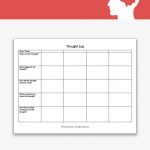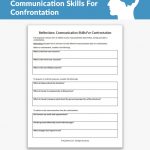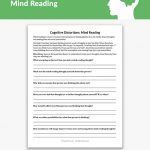Anger Diary Worksheet
Worksheet updated on July 27th, 2021
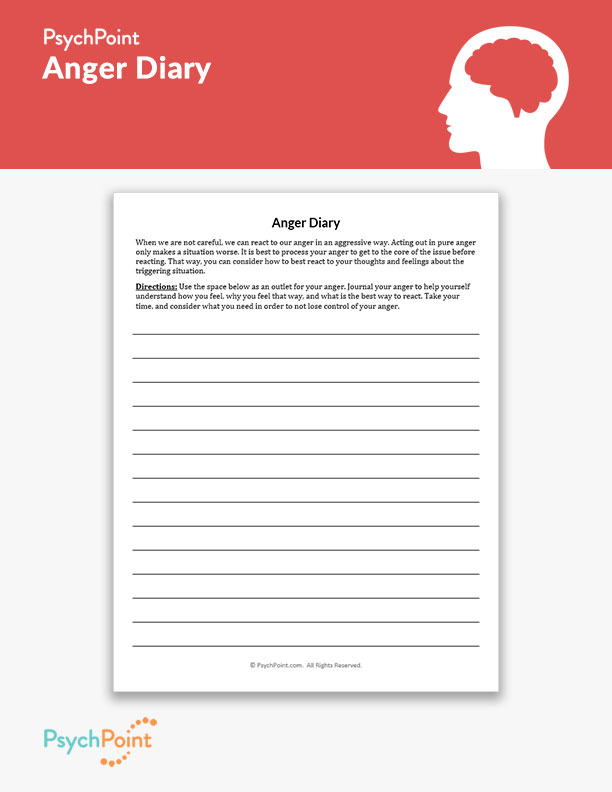
Anger can be difficult to manage. People who suffer from anger management issues often struggle to cope with their anger in a healthy way. They may engage in unhealthy behaviors, like lashing out at others or taking it out on themselves.
It is important to have healthy anger management skills. Without proper anger management skills, a person cannot learn how to cope with their feelings, or even really understand how they are affecting their quality of life. Without proper anger management skills, a person will struggle to understand what purpose the emotion serves, and how to process their thoughts and feelings in a healthy way.
When left untreated, anger management can impact many areas of a person’s life. It can impact self-esteem, motivation, and relationships. It can also cause consequences for the person’s career, health, and family. This is why addressing anger in therapy is often needed for recovery.
About This Worksheet
This is the Anger Diary worksheet. On this worksheet, a client is given space to process their anger. The worksheet asks the client to reflect on their anger, and try to understand where the anger is coming from. The goal is to help the client understand the feelings that are causing the anger, so they can better manage their behavior.
This worksheet is great for adolescents and adults. It is designed to serve as a homework assignment for clients. It can be used in individual and group therapy sessions.
Instructions
When working with a client who has anger management issues, it is important to explain how their anger is negatively affecting their life. Have a conversation with the client about their anger and the reasons they have for wanting to learn how to control their angry feelings and behaviors.
Review the instructions with the client. Explain how processing their anger before reacting can help them prevent consequences, improve relationships, and feel less intense reactions to their emotions.
Provide at least one copy of the worksheet to the client to complete as a homework assignment for the following session. During the next session, review the results with the client and reflect on how processing their anger helped them learn how to understand and manage it. Ask the client if they saw any behavioral changes in themselves after taking the time to process their anger.

